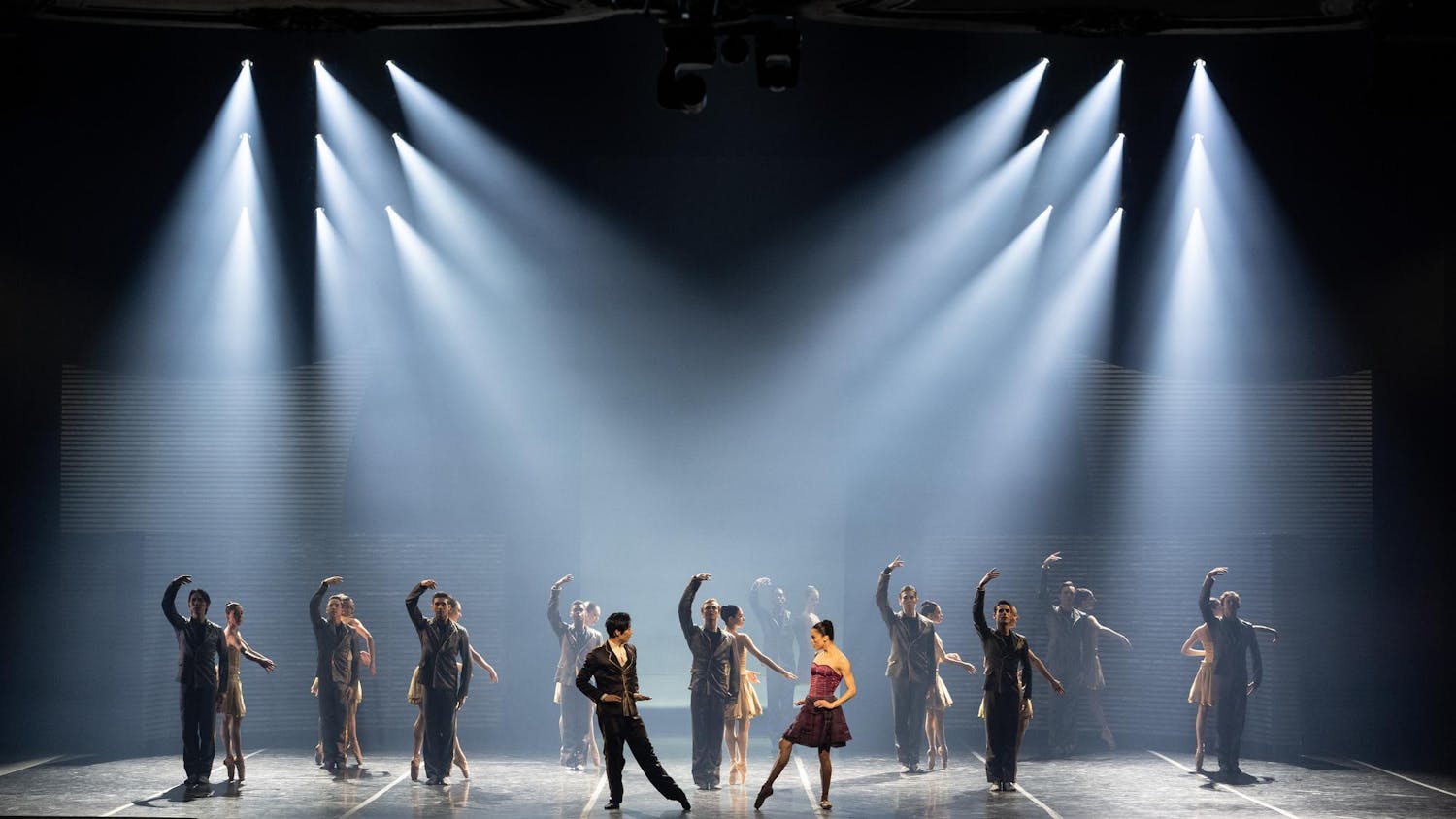A sense of rural serenity and quietude pervades many of Robert Frost’s poems. Such well known lines as “The woods are lovely, dark and deep,” from Frost’s famous “Stopping by Woods on a Snowy Evening” (1923) almost effortlessly conjure up images of peaceful landscapes, untroubled by modern cares and stresses. As a college student on a busy suburban campus, it is this power of Frost’s poetry that most appeals to me: Even on my busiest days, I can find a calming antidote to anxiety in Frost’s poetry.
This opinion of rural peace, however, is not universal. Often, instead of tranquility, a rural scene arouses feelings of loneliness, bleakness and even evil. As Sherlock Holmes once said in response to Dr. Watson’s enthusiasm at traveling by train through the beautiful English countryside, “It is my belief, Watson, founded upon my experience, that the lowest and vilest alleys in London do not present a more dreadful record of sin than does the smiling and beautiful countryside" ("The Adventure of the Copper Beeches" 1892).
Faced with these two contradictory views of rural life, it is hard to find a reconciliation between the two. Personally sympathetic though I am to the view of rural life as a peaceful refuge from urban and suburban stresses, it is hard to deny that there is some truth in Holmes’ assertion. In addition to the criminality hidden beneath a rural façade of tranquility, a country landscape may seem forbidding in its starkness. It is this issue that Frost addresses in “My November Guest” (1913). The poems begins with a simple image of the narrator walking with a woman identified only as “Sorrow.”
“My Sorrow, when she’s here with me, / Thinks these dark days of autumn rain / Are beautiful as days can be; / She loves the bare, the withered tree; / She walks the sodden pasture lane.”
As the narrator and Sorrow walk along the “sodden pasture lane” it seems that they are locked in mild disagreement. Even in the depressing, drizzly conditions of late fall, Sorrow finds the season beautiful: “She thinks I have no eye for these [beauties], / and vexes me for reason why.”
Personally, the thought of a walk through a light autumn rain and an uncluttered landscape under a gray sky fills me with longing. Many of my most cherished memories involve just such a scene, encountered during my many walks with my parents and friends around Kittery Point, Maine., my hometown. But it is not an overt happiness that underlies the contentment provided to me by these rural scenes. Rather, Sorrow’s name is particularly apt, for it is a sense of pensiveness and sorrow which overcomes the individual in the midst of nature’s autumn beauty.
This sense of sorrow intermixed with beauty may seem contradictory. Faced with a winter whose force has often left the Tufts campus a frozen wasteland in the past few months, it may be difficult for us to imagine beauty amidst the inhospitable conditions Frost describes. But perhaps a desolate landscape does hold a subtle, poignant beauty. With so many of us used to the energizing busy schedule of our college lives here at Tufts, we rarely have time to take any time-outs. And when we do, our lives seem barren, purposeless and even sorrowful. Yet there is a solemn beauty to the quiet life, just as there is to a dreary November day or a winter snowstorm. So put some time aside for a contemplative walk on such a dreary day, and consider your personal sorrows and trials. Perhaps thus you will be able to catch a glimpse of the paradoxical and comforting beauty Frost’s Sorrow sees in the midst of life’s burdens:
“The desolate, deserted trees, / the faded earth, the heavy sky, / the beauties she so truly sees.”
'My November Guest'

Daniel Bottino





